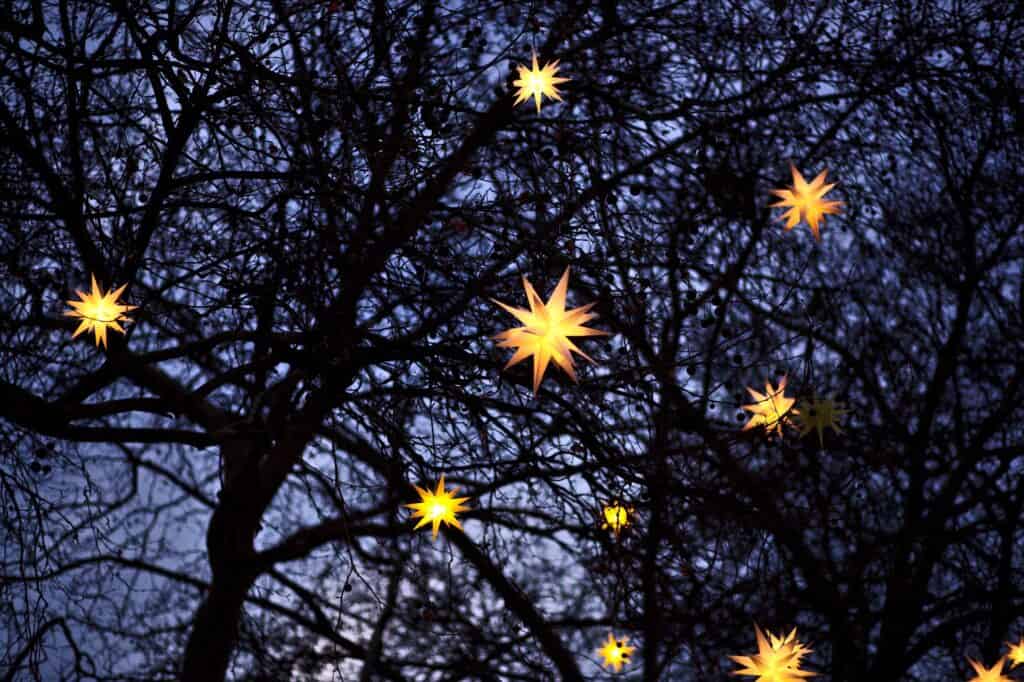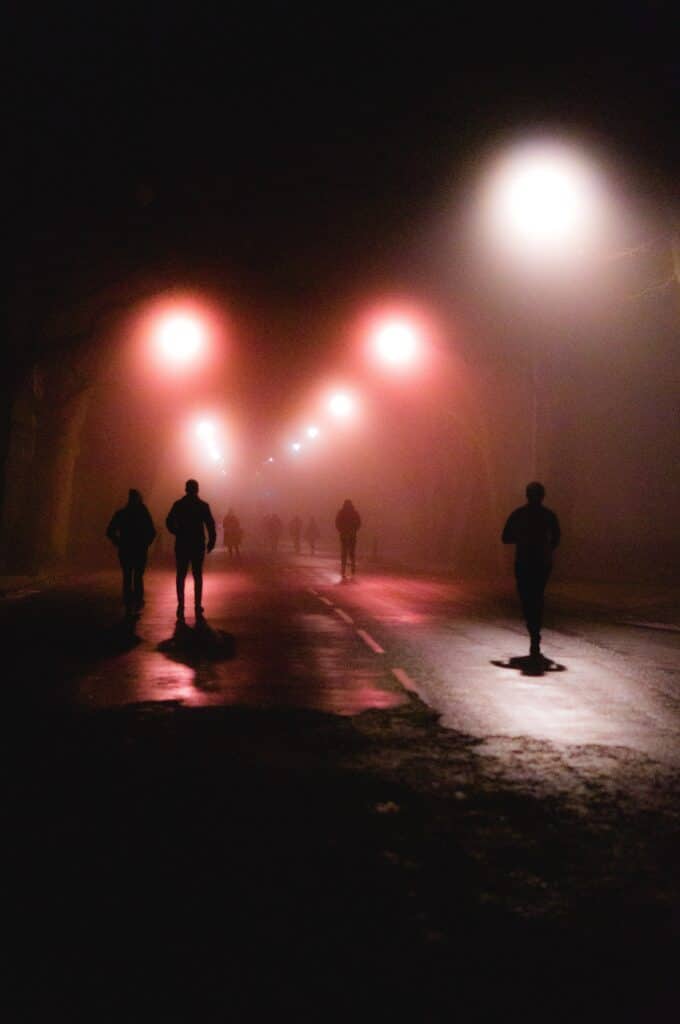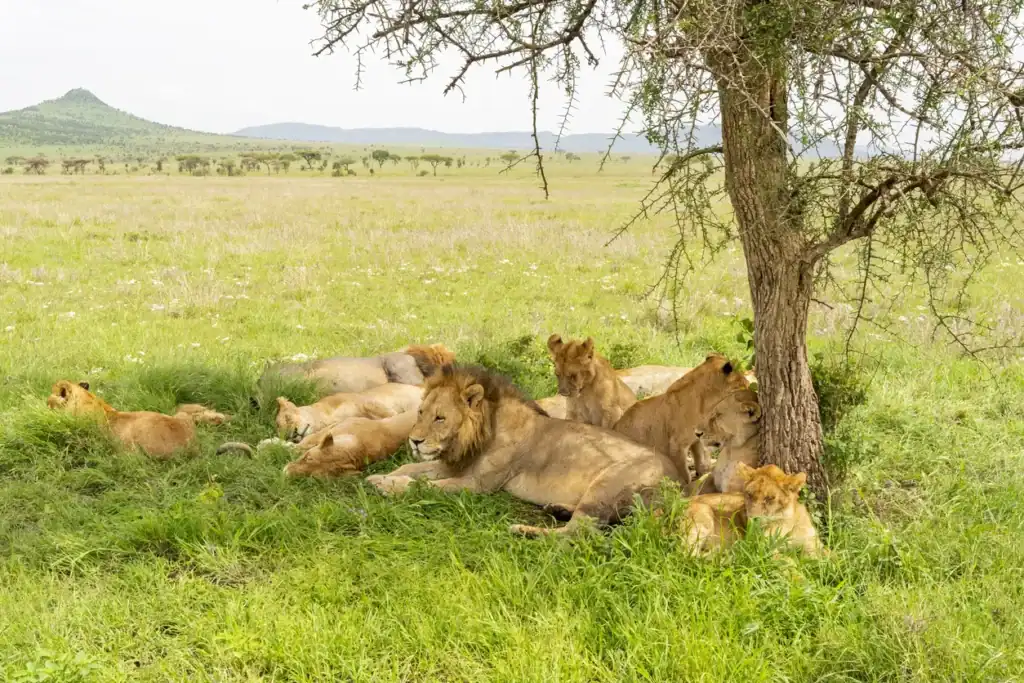Hello Friends,
Thank you for the generous response after my last newsletter, which I sent just as my husband was preparing for a stretch of radiation treatments. Today I am happy to report he has completed his course of radiation and is on the other side. Tired, burnt, relieved, and exhaling.
Between my own health care and my husband’s cancer diagnosis, I fell apart a lot over the last six months. The good news is that all that falling apart revealed the layers of support and love that would catch me. Layers I didn’t realize I had, layers I didn’t know I needed.
THREE ATTRIBUTES OF TRANSITION
I’ve been thinking a lot about periods of transition. Both the transition my family went through – the kind no one really anticipates or wants – and the transitions that I help guide clients through. Whether your transitions are desired are not, they share similar traits, including:
Resistance and acceptance. When I first found out my husband had cancer, I got to work. It was stage 4, so there was no time to waste. I found the best doctors, made appointments and got him situated. I did what was needed. And then after we met these doctors, in the car rides home from Memorial Sloan Kettering, I yelled and screamed. “Fuck this place! Fuck these doctors! This is not what I want! We’ve done two years of Covid and I want out of all of this!” Understandable. And not helpful. The sooner I was able to accept the reality and move through it, the sooner I felt peace amidst the challenge. What you resist, persists.
Early on in this process, a friend, who is a therapist, said, “What you need is radical acceptance.” And I thought, “Yes, and fuck you you’ve never been through this.” Not exactly radical acceptance.
I knew he was right but I wasn’t there yet. This is especially important in moments of trauma. When I coach people after an unexpected job loss, divorce, and yes, cancer, this comes up. But suggesting acceptance too early can trigger the “Do you not get what I’m going through” response, so it’s best to listen, listen, listen when someone is in the transition resistance zone before they can move to acceptance.
Faith and hope. When we first received the diagnosis, I had a lot of death fantasies. I figured this thing would kill him slowly, mercilessly, and painfully over the next 10 years. I couldn’t see the place we’re in now, on the other side of treatment. This cancer had returned after 15 years and it may kill him eventually, but we’ll likely have (many) more than 10 years. He will work again, my children will have more happy years with their father. I couldn’t see the big picture. I was mad and hopeless and spun into a depression the likes of which I’d never experienced before. Yowza.
In these moments I thought I’ve seen this before: my clients have been here. I know when my clients stall out and get scared and forget the end goal, the reason they’re doing the ambitious thing. And the best thing at that time is to hold space and let the client process what’s going on. Maybe it’s a progress plateau, but they (you) need the space to recalibrate, get scared and return to your dream again. There will be an absolute loss of perspective while pursuing difficult change; I certainly experienced it. This is where I relied on friends and mental health professionals to pull me through. Coaches are by your side for these moments as well. You can lose sight of why you’re doing this, and lose faith that you will get to the other side. But you do.
Collective unconscious support. This was, without a doubt, the biggest gift of cancer for each member of our family. Since I was hospitalized in December and my husband is just ending treatment now in May, our family has been receiving home-cooked meals every day. Meal Trains were set up by our synagogue and our friends, and they helped us with everything from meals to rides to treatment and lots and lots of playdates. Many people even made financial donations. As I told my children, “Everyone goes through a time of need and this is our time. These people, many who we know, many who we don’t — are taking care of us while we’re in need.”
My children were forever changed by being on the receiving side of this generosity and kindness and, I hope, will carry that feeling of tzedakah into the world. I found myself without words, breath, and sometimes burst out in tears because of the kindness that was shown to our family.
I received texts and emails daily from people who wanted to give love, and not intrude. So many “I’m thinking of you” notes, flowers, plants, just love sent. Many from you! Some people lit candles daily for us; everyone had their own ritual to keep us in their hearts, keep that healing vibration humming along.
I was introduced to the concept of the “cancer high” which is a sense of peace that the person who received a cancer diagnosis sometimes has. They’re often getting great care, from doctors and caregivers, and receiving tremendous love, both explicitly and yes, energetically from the collective unconscious. They can feel buzzy and high and a little “I’ve got this.” Where does this strength come from? It’s unclear. But when you’re in that cancer high, cancer seems surmountable.
When I work with clients who are pursuing change, I invite them to lean (heavily, heartily) on their support networks. Not just as accountability partners, but as cheerleaders. People who will help you on the days when you can’t find your own energy to pursue your goal — they will support you. They will remind you what you’re capable of.
I found myself drawn to Eckhart Tolle’s teachings and writings during this time. I listened to A New Earth, replaying each chapter and verse to really soak it in. When I was first introduced to Tolle (gasp!) 20 years ago, it was too “out there” for me. But now, at this time, it was what I needed.
His philosophy as I interpret it is about the collective unconscious, and the support we have in the world, the life that is in the world if we choose to see it. We are part of a larger whole. I can resist my husband’s cancer diagnosis or I can yield to the support around me to get through it. When my clients find themselves up against the ropes, or not having the energy to pursue that future they want, how can they rise? Where can they find support, hope, and motivation?
I hope you find these ideas useful. Transitions are hard, and there will be beginnings, middles, and endings. While you’re in the forest, you will lose sight of the trees. There is an end. And you will grow and change in the transition, and be a wiser person because of it.
I look forward to supporting you through your transition.





